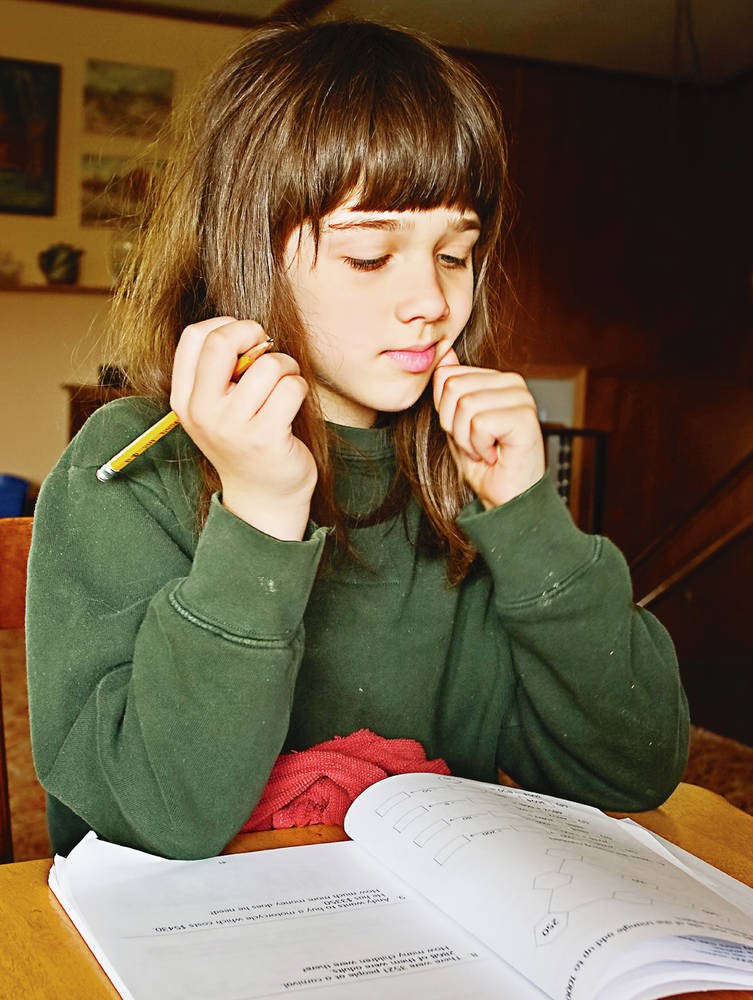Many educators, me included, question the value, educationally and otherwise, of homework.
But let’s back up a moment and consider the importance of the work/life balance and time to play that we adults consider to be essential to our own well-being.
Mental-health advocates applaud maintaining a work/life balance, while recognizing that preserving that balance is easier said than done.
As our careers develop and our responsibilities increase somewhere between childhood and adulthood, “leaving it at the office” becomes increasingly difficult and we adults stop playing and start working into the evening.
We forget that play relieves stress and can trigger the release of endorphins, which promote an overall sense of well-being and can even temporarily relieve pain.
Continuing the day’s work at home or at the workplace defeats those benefits.
In fact, taking work home may be a form of workaholic neurosis that reverses any personal physical and mental-health benefits that should be the part of life after work.
Trust me, as a recovering workaholic who always had difficulty shaking the day off and separating the day’s challenges from my “real life,” I speak from experience.
To that end, I have always advised young teachers to make sure they are as fully prepared as possible for the next day before heading out the door when the final school bell rings.
That same need to separate work from other aspects of life in the interests of health should also apply to kids who spend five hours of 185 days a year sitting in classrooms.
There is an indisputable and growing amount of research indicating that for kids, spending more than the prescribed 5-6 hours a day sitting, then adding more hours of seatwork after school, could eventually be the source of lifestyle diseases such as obesity and even cardiac problems.
Along with many of my colleagues, I’m no fan of homework — not for adults, not for elementary-school children and certainly not for grades 8-12, when a student might meet four or even five subject teachers each day.
In a high-school environment, students can leave each classroom with homework tasks assigned by teachers who are unaware that their colleagues have also assigned after-class schoolwork.
Kids then head home for what amounts to another full day of school.
Even before I realized years ago that my students were not deriving much, if anything, of educational value from homework, I could never grade homework assignments equitably, because each student’s homework was being attempted in home environments that could be vastly different.
As we discovered during the pandemic shutdowns, and the subsequent reliance on online lessons, education at home is not conducted on an even playing field.
Some parents simply did not have space available at home to set up quiet spaces where students could focus on their work uninterrupted by the distractions common to every household.
Even if that was possible, homework that was intended to facilitate practice, such as working on solutions to math problems or reviewing a poem or prose piece, could result in a student simply practising mistakes over and over again.
In other words, class work being extended into a non-learning environment with no support from the teacher who assigned the work was defeating the gains accomplished in class that day.
Then class time needs to be devoted to correcting individual homework mistakes before progress can be made on that day’s lesson.
If work/life balance is important for adults, it’s just as important for kids from kindergarten to Grade 12.
Play, it has been said, is an essential part of a child’s work — and I’m not talking about hours in front of a screen.
According to child psychologists, active play improves brain function, stimulates the mind and boosts creativity.
Young children often learn best when they are playing — a principle that applies to adults, as well. Play stimulates imagination, helping both children and adults adapt and solve problems.
At some point in our adult lives, we begin to understand why taking our work home with us is both counterproductive and unhealthy.
And that may be the strongest argument about why piling on homework for kids is a developmental and educational error.
Geoff Johnson is a former superintendent of schools.



